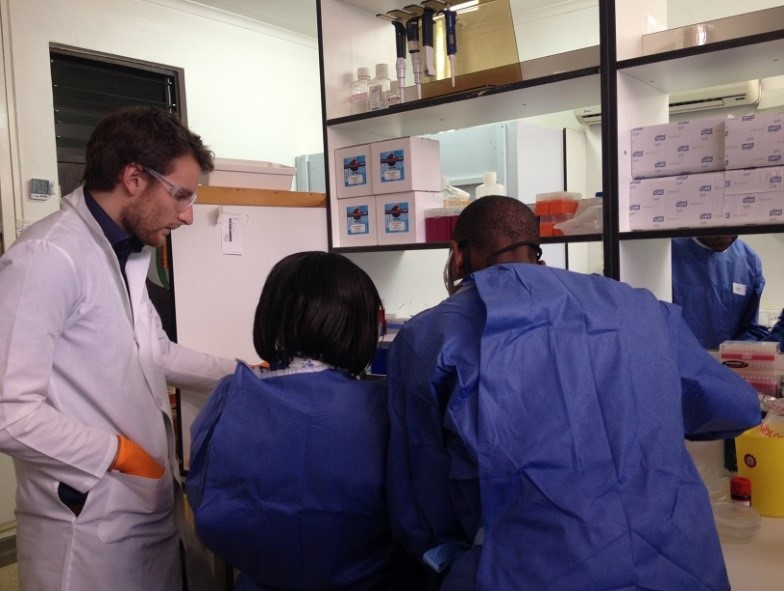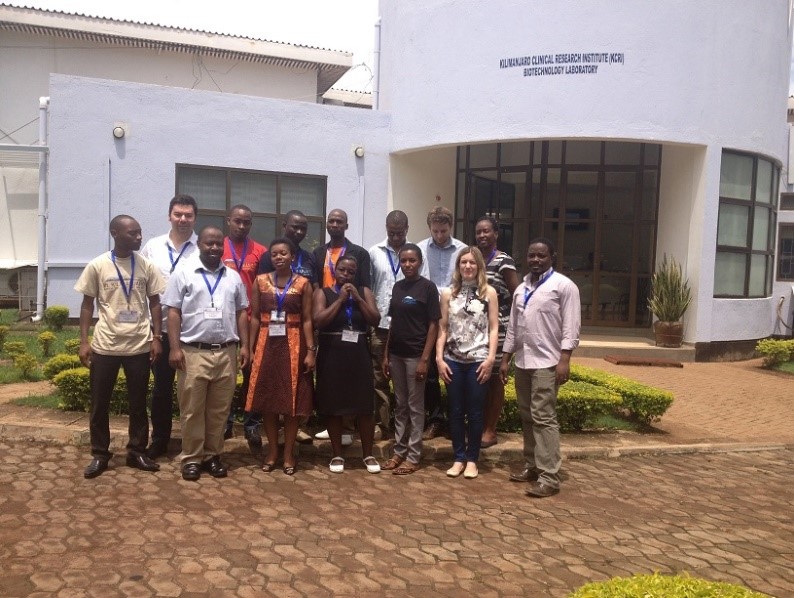PanBIOME
The discovery, evaluation, and implementation of novel tuberculosis biomarkers that improve TB patient management is an important aspect of our research.
The PanACEA Biomarkers Expansion (PanBIOME) programme was a biomarker evaluation study of molecular tools for rapid monitoring of patients’ treatment response to TB therapy in three high burden countries in Africa. The study funded by EDCTP was running between 2013 and 2015 in Malawi, Mozambique, and Tanzania, with designated European academic partners in the UK (University of St Andrews) and Germany (University of Munich, LMU).
The final outputs of the study were published in The International Journal of Tuberculosis and Lung Disease in 2016 and BMJ Thorax in 2020.
Participating sites:
About the study
PanBIOME study was a diagnostic clinical trial in which a St Andrews developed molecular test, the Tuberculosis-Molecular Bacterial Load Assay (TB-MBLA) has been evaluated. The study put a special emphasis on investigating the performance, feasibility, and reliability of the assay in a multi-site environment. This novel method detects a common RNA species of M. tuberculosis called the 16S ribosomal RNA in a real-time reverse-transcriptase quantitative polymerase chain reaction (RT-qPCR) and provides an estimated concentration of the bacilli in a sputum sample.
The most impactful outcomes the study showed:
- The use of the TB-MBLA has eliminated the need for culture methods, allowing researchers to detect and quantify TB bacilli in 98% less time.
- The implementation of TB-MBLA in the clinical trial removed the need for a large study sample size, significantly reducing the costs of TB trials for commercial companies and partnerships.
TB-MBLA showed a high degree of reproducibility across the different study settings and has been rapidly taken up and applied to the design of subsequent clinical trials.


